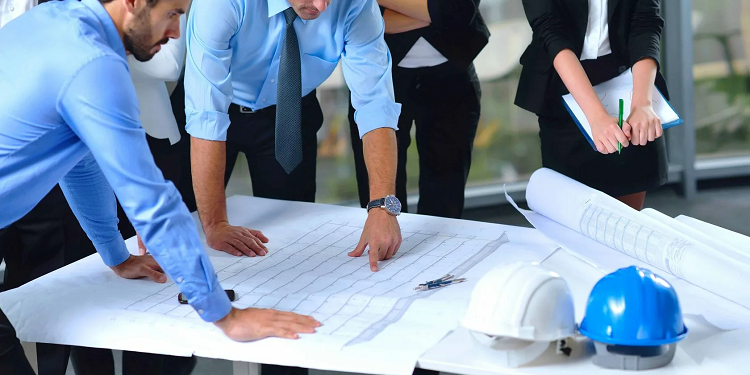Construction management is a complex and multifaceted process that requires a special approach and knowledge. It covers the entire life cycle of a construction project.
Effective management ensures the successful completion of the project on time, within budget and in compliance with all technical requirements. Cost management in construction is an important part of management, which should be carried out as clearly as possible. To do this, this work must be entrusted to experienced specialists.
Features of management in construction
Construction projects consist of numerous phases, each of which requires careful planning and coordination. The main stages are:
- design;
- preparatory work;
- construction;
- delivery of the object.
At the design stage, architectural and engineering solutions are developed and the project is coordinated with the customer and government agencies. The next step is preparing the construction site and obtaining the appropriate permit. During the construction itself, quality control and compliance with deadlines are carried out. At the end, the readiness of the object is checked, defects are eliminated and transferred to the customer.
Successful management of a construction project requires the interaction of specialists from various fields:
- architects;
- engineers;
- superintendents;
- managers, etc.
It is necessary to ensure effective communication between all project participants and coordination of their actions. In construction there are many risks associated with technical, financial and organizational aspects. One of the main tasks of a construction manager is to monitor compliance with established deadlines and budgets. Deviation from plans is unacceptable, as this can lead to serious financial losses and problems with the customer.
Organizing the work of the construction team and contractors is one of the main tasks of a manager. It is necessary to establish a clear structure of subordination and communication so that all project participants know their responsibilities and can quickly interact with each other. Constant monitoring of work progress, quality of materials and compliance with deadlines involves regular checks, reports and analysis of the current status of the project. If problems or deviations from the plan are identified, the manager must promptly take measures to eliminate them.



